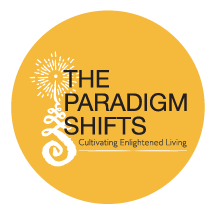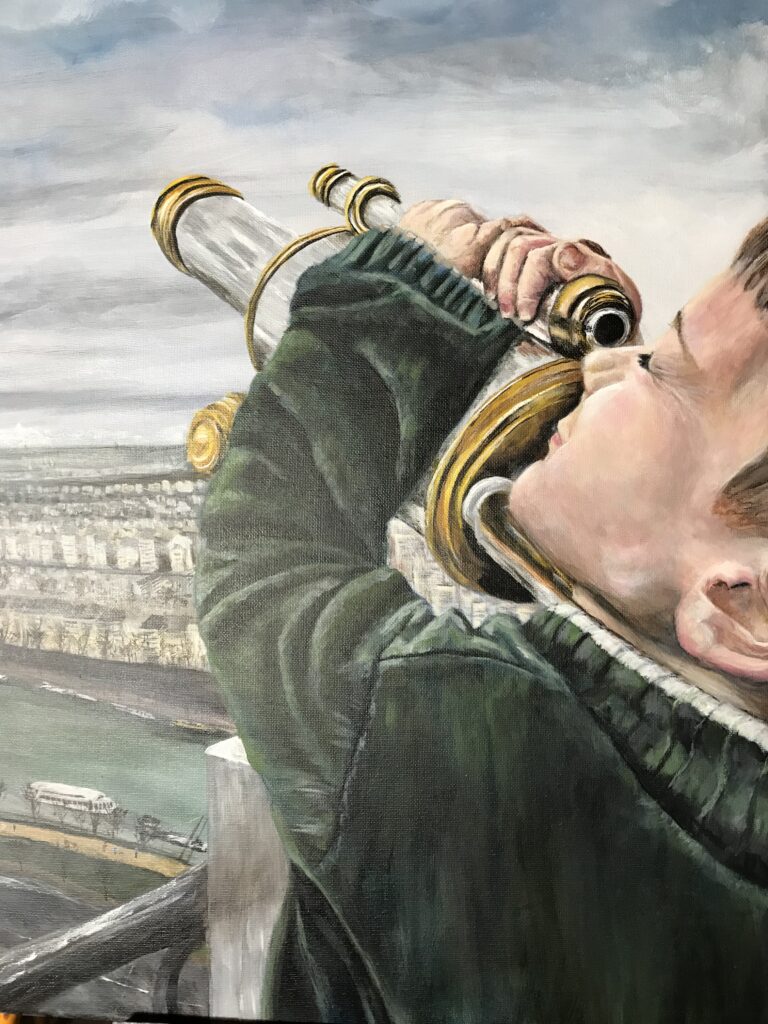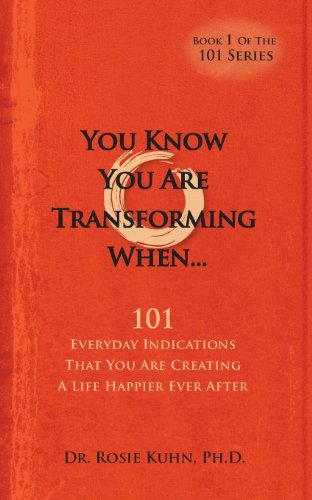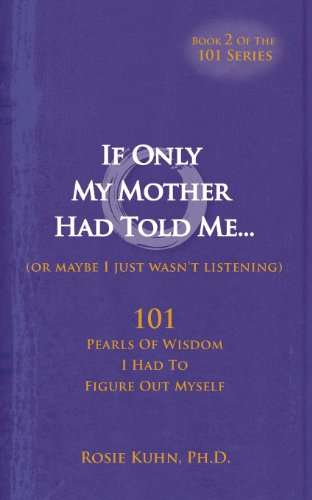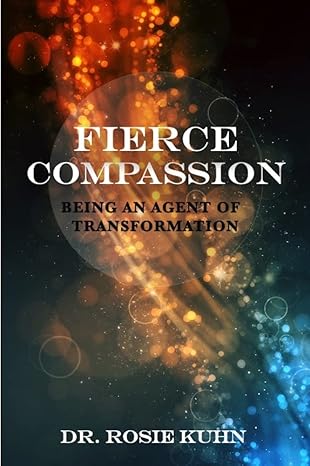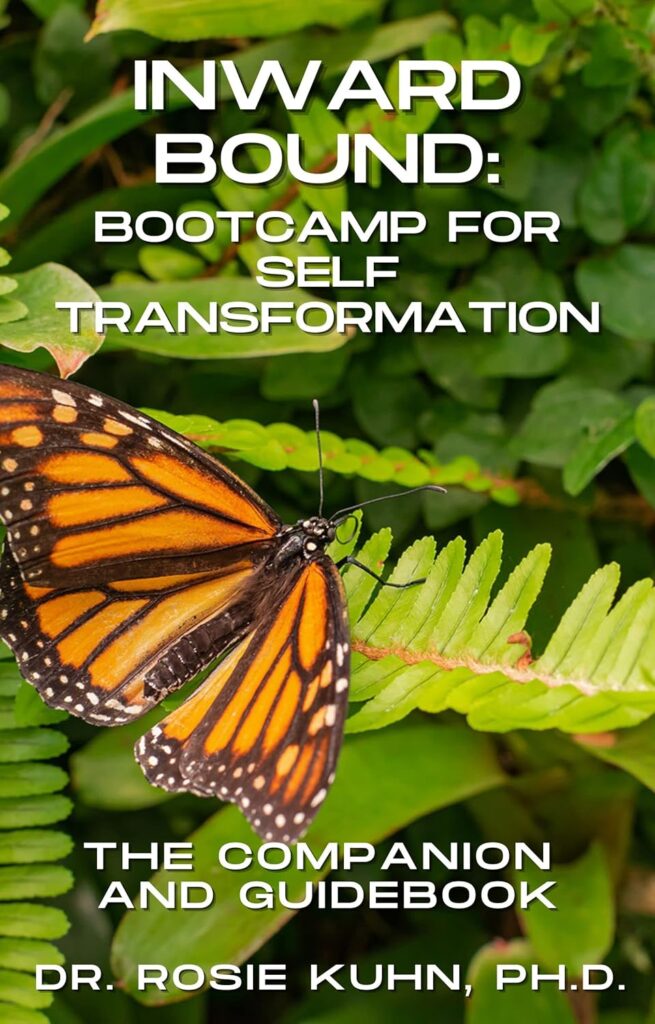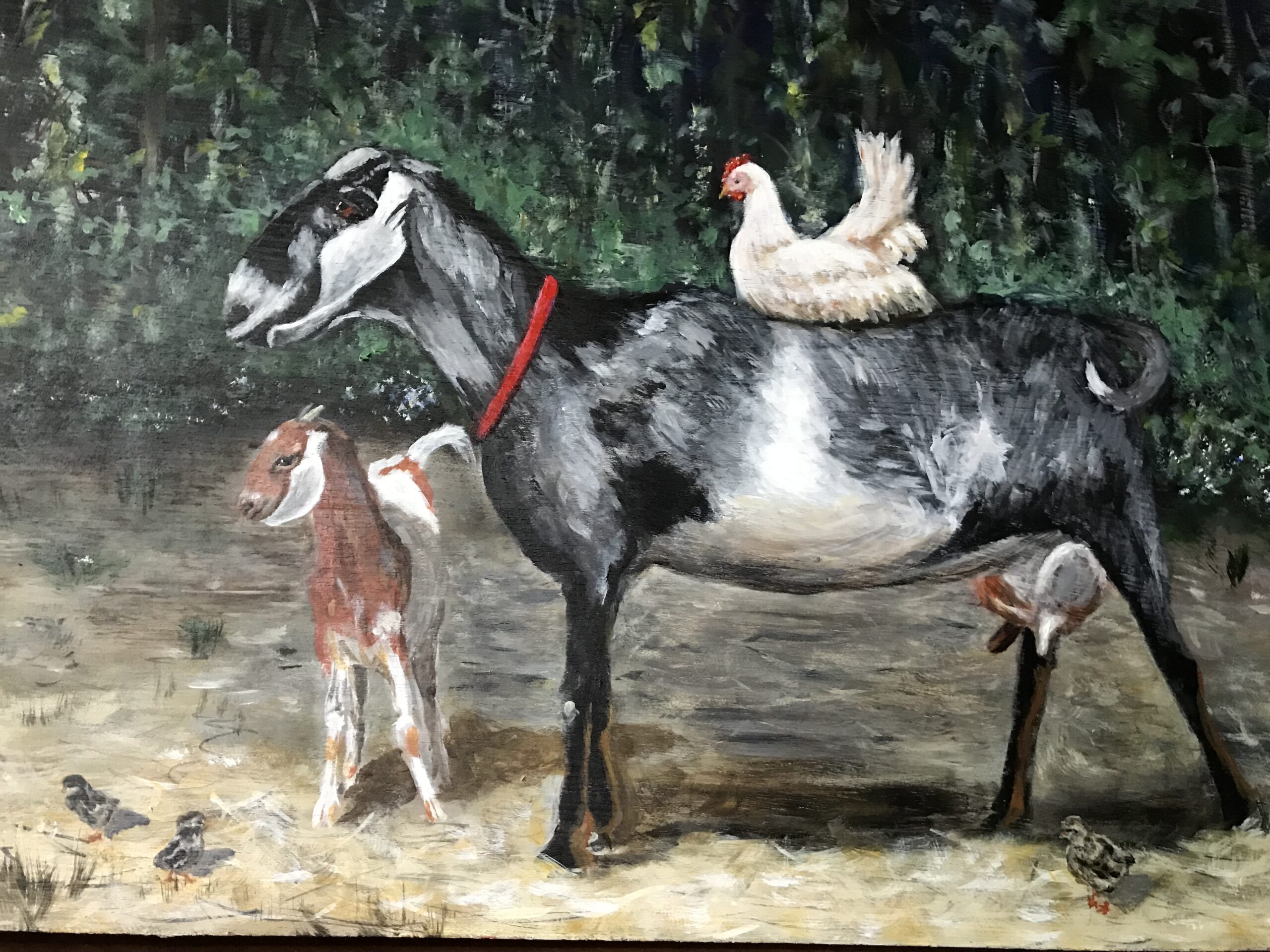
I Did All the Right Spiritual Stuff and Still Feel Like Crap: WTF?!
Is “becoming spiritual” a consolation prize? Are we settling for less when we give up on the pursuit of being somebody special? For me, like for a lot of us, it does feel like a consolation prize. It does feel like settling. It feels like all the effort I put into proving and improving got me nowhere, being nobody with nothing! WTF!!! I try to do all the right things—meditate, pray, stretch myself into the postures, write the affirmation, visualize, journal, clear my chakras, burn the incense—and yet, something still feels… not right, not enough. What the HELL! Why? Here’s why! Secretly, we’re hoping that doing all the right spiritual stuff will make us somebody special. And when it doesn’t, we feel like we’ve been handed a bill of goods along with “The Spiritual Participation Trophy: Thanks for trying, here’s your inner peace. WTF?! Why Bother? People come to me for coaching when they’re ready for an upleveling in life. They may not even know what that means—just that what they’ve been doing no longer works. It’s not necessarily a crisis. It’s more like a quiet longing for a new way of being—of seeing themselves, their lives, and their relationships more clearly, and experiencing more of themselves as themselves. Rhonda has been in recovery for over 20 years. For all those years, she’s been on a path of self-exploration. A dedicated actor and writer, she’s chased success with everything she’s got—yet always feels like she’s falling short of her own expectations. And yet, through our
